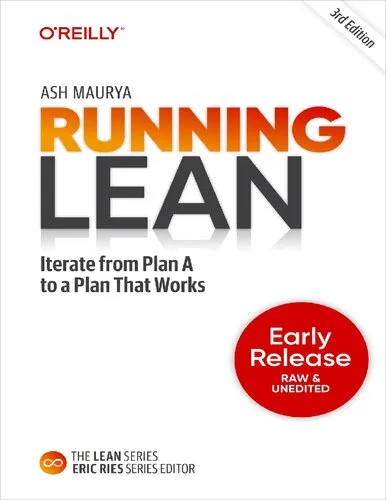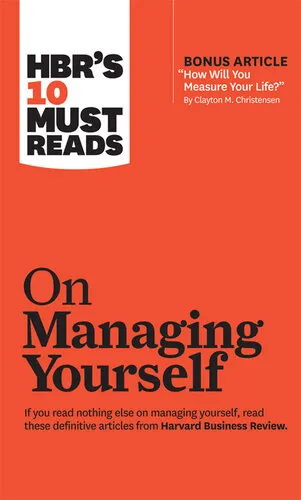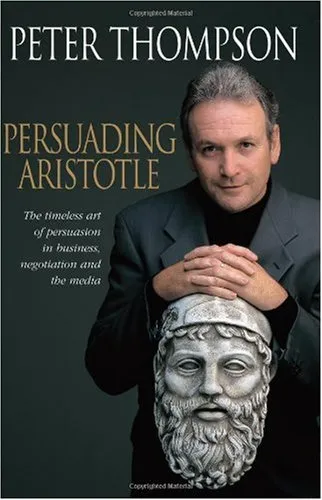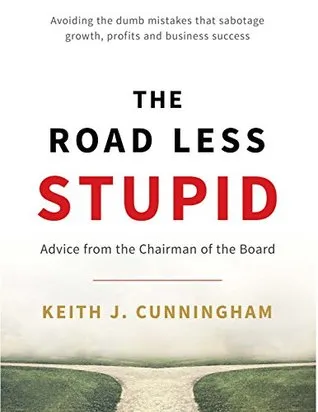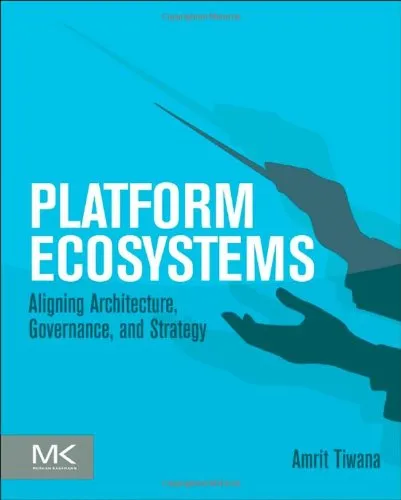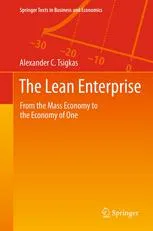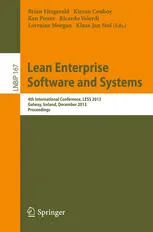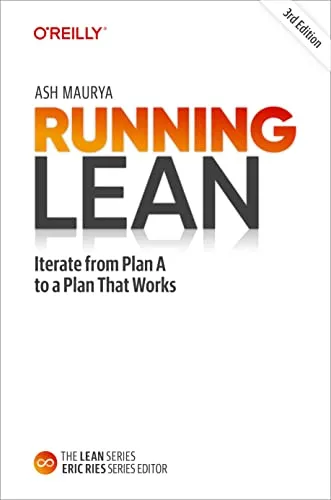Running Lean: Iterate from Plan A to a Plan That Works
4.5
Reviews from our users

You Can Ask your questions from this book's AI after Login
Each download or ask from book AI costs 2 points. To earn more free points, please visit the Points Guide Page and complete some valuable actions.Related Refrences:
Introduction to "Running Lean: Iterate from Plan A to a Plan That Works"
In the dynamic world of startups, where uncertainty reigns supreme and resources are often constrained, building a successful business requires more than just a great idea. It demands a deliberate and systematic approach to finding a repeatable and scalable business model. "Running Lean: Iterate from Plan A to a Plan That Works" by Ash Maurya is a comprehensive guide designed to help entrepreneurs navigate this journey effectively. Using proven principles derived from the Lean Startup methodology, Maurya presents a practical roadmap for creating products that succeed—not based on assumptions, but through validated learning and experimentation. This book isn’t just another theoretical treatise on entrepreneurship; it is a hands-on manual, outlining actionable strategies that can help founders move from the initial idea to a sustainable and profitable venture.
Detailed Summary of the Book
"Running Lean" centers on the idea that most startups fail not because they don’t build their products right, but because they waste time building the wrong product. At its core, the book introduces a systematic three-step framework for transforming initial ideas into successful businesses:
- 1. Document Your Plan A: Maurya introduces the Lean Canvas, a one-page business model template designed for entrepreneurs. This variation on Alex Osterwalder's Business Model Canvas simplifies complex details and focuses on nine key elements that are crucial for startups.
- 2. Identify and Test Riskiest Assumptions: With Lean Canvas as a blueprint, the next step is to systematically identify and prioritize the riskiest assumptions that could derail your startup, and then test them using validation techniques like Minimum Viable Products (MVPs).
- 3. Iterate Quickly: Through a build-measure-learn feedback loop, founders refine their product and business model, making necessary pivots based on learnings from the market.
Maurya also walks readers through practical case studies, tools, and strategies to validate ideas, engage customers meaningfully, and maintain focus without succumbing to distractions. More importantly, he reinforces the importance of documenting assumptions clearly and systematically challenging their validity to avoid the common traps of building something nobody wants.
Key Takeaways
- Focus on Problems First: Customers care about their problems more than your solution. Instead of obsessing over the product, focus on validating that the problem is worth solving.
- Use the Lean Canvas: Simplify the process of documenting and iterating on your business model with the Lean Canvas, which emphasizes problems, customer segments, unique value propositions, and key metrics.
- Build Minimum Viable Products (MVPs): Avoid overbuilding; craft MVPs to test and learn quickly from your target audience.
- Pivot Decisively: Pivots are necessary course corrections when assumptions prove incorrect; embrace them and learn from each iteration.
- Iterative Learning: Constantly refine your business idea through validated learning, which involves measuring outcomes and challenging hypotheses systematically.
Famous Quotes from the Book
- “Life’s too short to build something nobody wants.”
- “Your customers don’t care about your solution. They care about their problems.”
- “Startups don’t starve; they drown.”
- “Failure is part of the process but it’s not the goal.”
- “A lean startup is not about being cheap [but] about being fast.”
Why This Book Matters
"Running Lean" is more than just a manual for entrepreneurs; it is a mind-set shift. In a world where the majority of startups fail, this book equips founders with the tools and frameworks they need to avoid common pitfalls and maximize their chances of success. Unlike traditional business planning methods, Maurya's approach acknowledges the inherent uncertainty of startups and emphasizes a systematic process for navigating through it. Whether you are an aspiring entrepreneur, a seasoned founder, or part of a product team looking to innovate within an established organization, this book provides invaluable insights that can save time, money, and emotional energy. It champions a culture of experimentation, iterative learning, and customer-driven decision-making, ensuring entrepreneurs deliver solutions that create real value for the marketplace.
Free Direct Download
You Can Download this book after Login
Accessing books through legal platforms and public libraries not only supports the rights of authors and publishers but also contributes to the sustainability of reading culture. Before downloading, please take a moment to consider these options.
Find this book on other platforms:
WorldCat helps you find books in libraries worldwide.
See ratings, reviews, and discussions on Goodreads.
Find and buy rare or used books on AbeBooks.
1236
بازدید4.5
امتیاز0
نظر98%
رضایتReviews:
4.5
Based on 0 users review
Questions & Answers
Ask questions about this book or help others by answering
No questions yet. Be the first to ask!
